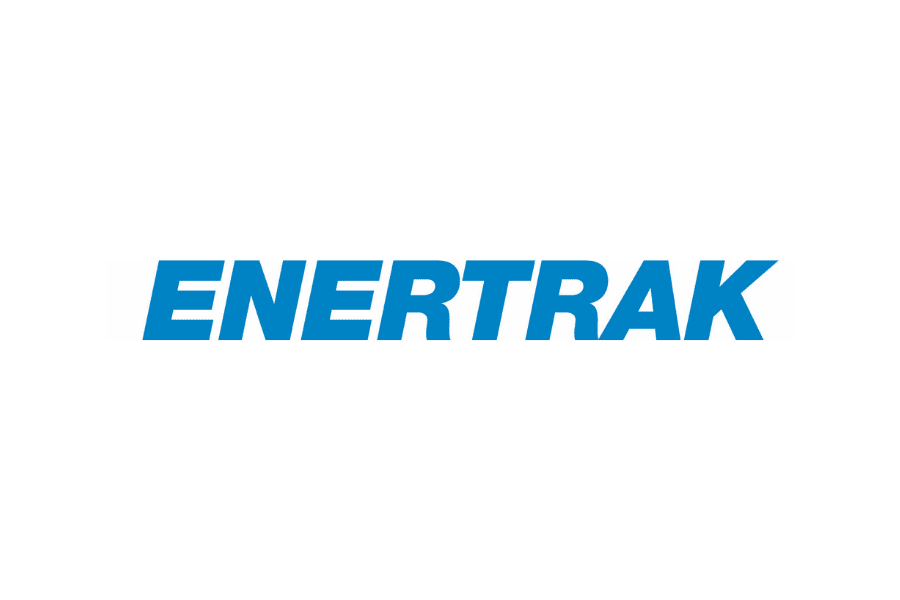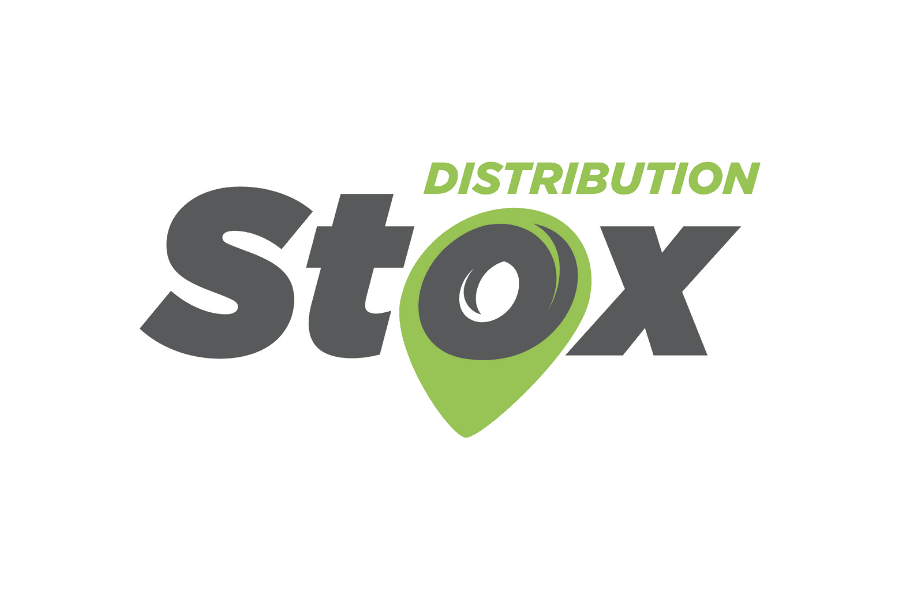Quelle est la différence entre un forfait internet résidentiel et commercial ?
Vous cherchez à comprendre les principales différences entre un internet résidentiel et un accès internet conçu pour les entreprises ? Vous êtes au bon endroit. Nous allons vous expliquer clairement ce qui distingue ces deux types de connexion, pour vous aider à trouver le meilleur forfait internet selon vos besoins.
Nous savons que choisir un service internet n’est jamais simple. Les offres se multiplient, les technologies évoluent, et chaque fournisseur internet met en avant ses propres avantages. En tant que spécialiste en télécommunication, nous voulons vous guider avec transparence afin que vous preniez une décision éclairée et que votre réseau internet fonctionne comme vous l’attendez.
Pourquoi l’usage influence autant votre connexion internet
Lorsque vous comparez les forfaits internet résidentiel et commercial, l’usage reste le facteur qui change tout. Un foyer n’utilise pas sa connexion comme une entreprise, et c’est là que les différences commencent.
Internet résidentiel : une connexion pensée pour le quotidien
Un internet pour particulier répond d’abord à vos activités personnelles. Vous l’utilisez pour le streaming, les réseaux sociaux, les jeux en ligne, le télétravail occasionnel et le partage de fichiers volumineux entre proches.
Vous attendez surtout une connexion stable qui vous permet d’écouter vos séries, de naviguer sans interruption ou d’appeler votre famille. Le service internet réside donc dans la simplicité : un bon wi-fi, un modem fonctionnel et une vitesse internet adaptée à votre foyer.
Internet commercial : une ressource stratégique pour vos opérations
Pour une entreprise, l’internet devient un pilier essentiel. Vous devez assurer la continuité de vos activités : visioconférence sans coupure, paiements en ligne, synchronisation cloud, sauvegardes automatiques et connexions VPN sécurisées.
Chaque entreprise doit aussi pouvoir personnaliser sa solution internet pour gérer plusieurs utilisateurs simultanés, optimiser la vitesse internet et bénéficier d’une bande passante capable de supporter un téléversement intensif. Votre équipe doit travailler sans interruption, même lorsque des fichiers lourds circulent.
Vitesse et bande passante : un enjeu majeur pour les entreprises
La vitesse de téléchargement influence directement votre expérience en ligne. Un foyer se satisfait souvent d’une vitesse asymétrique : rapide pour télécharger, plus limitée pour téléverser. Une entreprise, elle, a besoin d’une connexion plus robuste pour soutenir ses activités. C’est pourquoi l’option d’une Air Fibre™ est souvent privilégiée pour les usages professionnels, avec vitesses adaptées au téléversement et au trafic intensif
Les caractéristiques de l’internet résidentiel
Avec un forfait résidentiel, vous obtenez généralement une vitesse pensée pour des usages courants. Le téléchargement reste prioritaire, car vos appareils consomment beaucoup plus de contenus qu’ils n’en envoient.
Cette formule suffit pour la plupart des foyers canadiens. Cependant, si plusieurs personnes utilisent en même temps la connexion, vous pouvez ressentir un ralentissement, surtout lors d’un partage de fichier volumineux, d’un appel vidéo de groupe ou d’un téléversement important.
Les avantages pour les entreprises : performance et stabilité
Un forfait internet professionnel offre une vitesse plus élevée, souvent symétrique, pour offrir une meilleure performance lors de transferts de données ou de téléversements réguliers.
Les besoins en bande passante des entreprises sont plus élevés, car chaque poste de travail sollicite la connexion :
- visioconférences HD,
- outils collaboratifs,
- hébergement de serveurs internes,
- logiciels en cloud,
- sauvegardes en continu.
Pour éviter toute interruption, la connexion internet commerciale repose souvent sur une bande passante dédiée. Avec une telle solution internet, votre vitesse ne dépend pas du voisinage ou d’une utilisation simultanée sur le réseau.
Soutien technique et fiabilité : là où l’internet commercial se démarque vraiment
Le support technique fait partie des aspects les plus critiques lorsque vous devez assurer la continuité de vos opérations.
Internet résidentiel : une assistance suffisante pour un foyer
Avec un service internet grand public, vous obtenez une assistance standard. Elle fonctionne généralement sur des horaires réguliers et répond aux besoins des particuliers. En cas de panne, vous devez parfois patienter, car les interventions prioritaires concernent les entreprises.
Internet commercial : disponibilité et priorité
Pour les professionnels, tout changement de performance a un impact direct. Vous devez donc pouvoir compter sur une équipe technique plus réactive. C’est pourquoi les forfaits commerciaux incluent souvent :
- assistance 24/7,
- délais de réponse garantis,
- interventions rapides,
- service prioritaire.
Vous recevez aussi des engagements formels grâce aux ententes de niveau de service (SLA). Elles protègent vos opérations et soutiennent chaque entreprise en garantissant un temps de disponibilité précis.
Sécurité et protection des données : un enjeu crucial pour les entreprises
Chez Lognet, nous savons que la sécurité vous préoccupe de plus en plus. Les entreprises font face à des risques importants, notamment le piratage, les attaques DDoS ou des tentatives d’intrusion.
Connexion résidentielle : une sécurité adaptée aux particuliers
Votre connexion résidentielle inclut des protections de base, souvent suffisantes pour un usage domestique. Vous disposez d’un routeur wi-fi avec pare-feu intégré, parfois d’un antivirus, et de quelques fonctionnalités simples.
Internet commercial : une sécurité renforcée pour protéger vos opérations
Les entreprises ont besoin d’outils plus robustes :
- pare-feux avancés,
- surveillance en temps réel,
- protections contre les attaques DDoS,
- adresses IP statiques,
- segmentation réseau,
- solutions de sauvegarde,
- redondance.
Ces protections vont bien au-delà d’un service internet standard. Elles limitent les risques de fuite de données, les interruptions soudaines et les pertes d’information.
IP statique ou dynamique : un élément souvent méconnu mais essentiel
La différence entre IP dynamique et IP statique influence fortement vos usages.
Internet résidentiel : une IP dynamique qui change régulièrement
Une IP dynamique convient aux particuliers. Elle change automatiquement et simplifie la gestion du réseau internet par votre fournisseur.
Internet commercial : une IP statique indispensable pour certains services
Les entreprises ont souvent besoin d’une IP fixe pour :
- héberger un site interne,
- gérer un réseau VPN,
- accéder à distance aux serveurs,
- sécuriser les connexions utilisateurs.
Cette fonctionnalité améliore la stabilité et s’intègre facilement à une solution internet plus avancée.
Technologies utilisées : fibre optique, câble, solutions hybrides
La fibre optique transforme l’expérience en ligne au Canada. Elle apporte une vitesse élevée, une faible latence et une performance stable même sous forte charge.
Internet résidentiel : du câble ou de la fibre selon votre région
Selon votre emplacement, vous pouvez accéder à un forfait résidentiel en fibre optique ou via un réseau hybride. Cela convient généralement à tous les usages courants.
Internet commercial : priorité aux infrastructures critiques
L’internet commercial mise souvent sur la fibre optique avec des services premium. Vous obtenez une connexion plus stable, des équipements professionnels et des solutions pour assurer la continuité de vos activités.
Comment choisir le meilleur service internet pour vos besoins ?
Vous devez toujours adapter votre connexion à votre réalité. Voici quelques questions que nous vous recommandons de vous poser :
Pour un foyer
- Combien de personnes utilisent simultanément la connexion ?
- Faites-vous du télétravail régulier ?
- Avez-vous besoin d’une vitesse élevée pour vos loisirs ?
Pour une entreprise
- Les besoins de votre entreprise évoluent-ils rapidement ?
- Une interruption peut-elle nuire à vos opérations ?
- Utilisez-vous des logiciels cloud ou des outils collaboratifs ?
- Gérez-vous des transferts ou un partage de fichier volumineux ?
Si vous répondez oui à plusieurs de ces questions, un forfait commercial pourrait mieux convenir.
Conclusion : choisir la connexion qui soutient réellement vos besoins
Le choix entre un forfait résidentiel et un forfait commercial dépend de plusieurs facteurs, notamment votre budget, car l’internet pour la maison reste généralement moins cher que les options destinées aux entreprises.
Pour une entreprise, la stabilité, la vitesse internet, la sécurité et l’assistance prioritaire deviennent indispensables. Chaque entreprise doit pouvoir compter sur une connexion fiable pour assurer la continuité des activités et exploiter un réseau internet adapté à ses exigences.
Si vous souhaitez trouver une solution internet adaptée à vos besoins personnels ou professionnels, nous sommes là pour vous accompagner avec simplicité et transparence.








